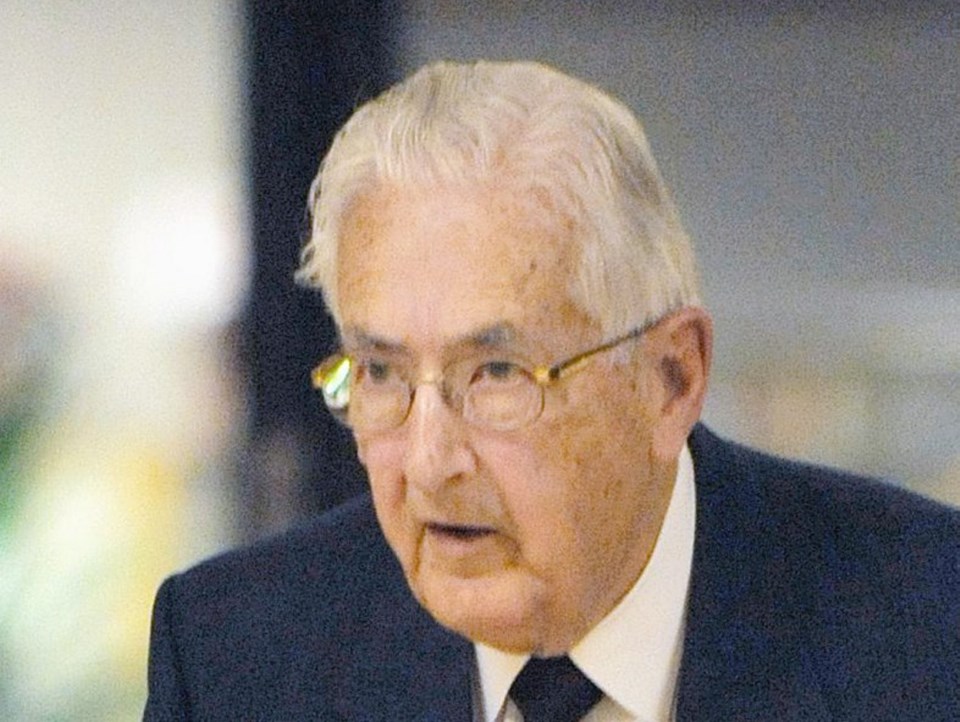The “gross disproportion” of aboriginal children in foster care across Canada is a national embarrassment that demands action, says the man who led an overhaul of B.C.’s child welfare system.
In a speech Thursday, Ted Hughes, a former judge and deputy attorney general, called on Canada’s premiers to place the issue on the agenda at their meeting in Charlottetown in August.
He also hopes to meet with B.C. Premier Christy Clark this summer to win her support for a national strategy.
Hughes said the problem cannot be fixed by one province alone and that any long-term solution requires federal support.
“In my opinion, a provincial initiative will neither rectify nor reverse what I have characterized as ‘unconscionable,’ a ‘gross disproportion’ and a ‘national embarrassment,’ ” he said in remarks to staff in the Office of the Representative for Children and Youth. “I refuse to accept that it will indefinitely remain as such. There has to be a solution.”
Hughes first recommended national action in his January report on the public inquiry into the murder of Phoenix Sinclair in Manitoba. The five-year-old girl was killed on a First Nations reserve in 2005.
Hughes found that 80 per cent of the 9,700 children in care in Manitoba were aboriginal. “In Winnipeg alone, 83 per cent of the 5,291 children in care in 2012 were aboriginal,” he said.
Hughes met with Manitoba Premier Greg Selinger following the report’s release and Selinger agreed to raise the issue at the premier’s meeting in August.
But Hughes said he was “surprised and alarmed” that the issue received so little public attention.
“Those figures were just sort of accepted as the way it is,” he said. “Well, it shouldn’t be when little kids lives are at risk.”
He said the issue deserves widespread attention across the country. In B.C., where aboriginals account for just five per cent of the population, their children account for more than 50 per cent of the children in care.
Hughes said a national action plan should tackle the effects of colonization including poverty, inadequate housing and unsafe drinking water.
“Those are the conditions that underlie all of this problem,” he said in an interview.
A concerted effort to fix the problems will reduce the over-representation of aboriginals in the child welfare system, as well as in rates of suicide and incarceration, he said. Other benefits would include improved educational achievement, employment and economic opportunity.
“There’s no use having more inquiries to get the facts out,” he said. “We’ve just got to do something about it in my judgment.”
Hughes led a review of B.C.’s child welfare system in 2005 and 2006. His final report led to the creation of the independent Office of the Representative for Children and Youth as well as an all-party standing committee. His recent report called for the creation of similar bodies in Manitoba.



